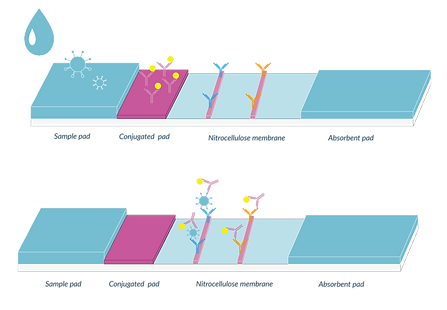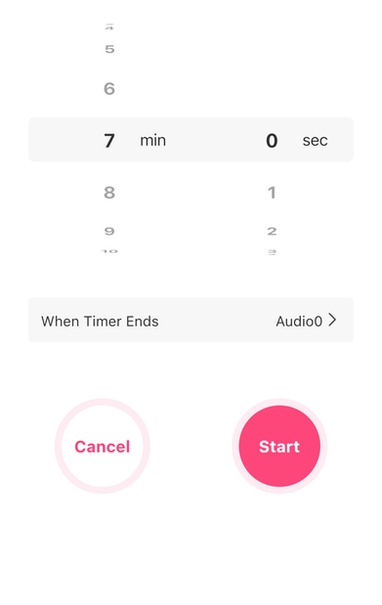High Diagnostic Accuracy: 99% Agreements
LifeClues is a leading laboratory that specializes in developing the best antibodies for use in medical research and treatments. Our team of scientists are experts in the field and are continuously researching and innovating new ways of making our antibodies more effective and reliable.
On-Site Developed & Manufactured Raw Material

LifeClues is a leading laboratory that specializes in developing the best antibodies for use in medical research and treatments. Our team of scientists are experts in the field and are continuously researching and innovating new ways of making our antibodies more effective and reliable.
Forecast the most fertile
period for conception.

Luteinizing Hormone (LH) is a hormone produced by the pituitary gland. In females, LH surge is an sharp rise in LH levels that triggers ovulation and the development of the corpus luteum. The LH surge is closely related to ovarian ovulation in female menstrual cycles.
Ovulation typically occurs within 24- 36 hours after the LH surge, and fertilization can only occur within 6 and 24 hours after ovulation.
Monitoring the LH surge is important for women attempting to conceive.
















